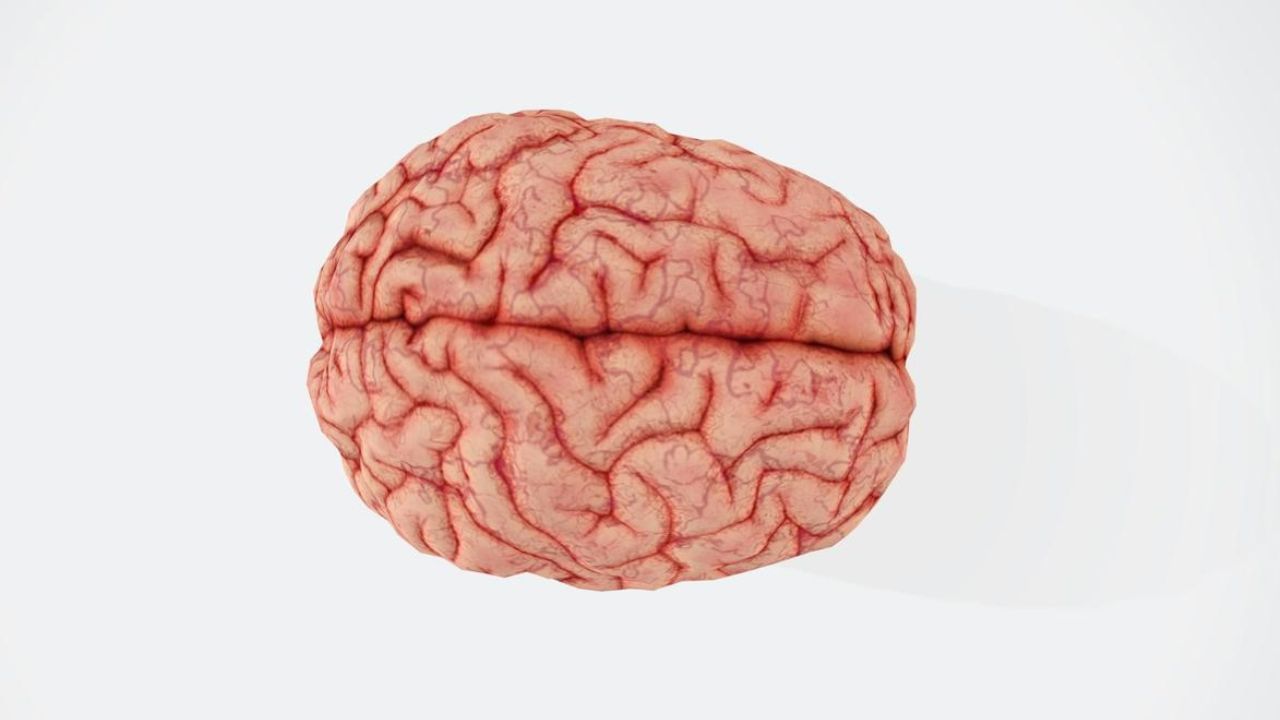New hope in Parkinson’s early identity: Nanotechnology discoveryImage Credit Source: Unsplash
Parkinoss Disease New Technology: Parkinson’s disease is a serious neurological disease that usually comes with increasing age. People often call it “forgetting disease”. The number of patients of this disease is increasing rapidly all over the world including India. The big problem is that it is detected in most cases, which limits the treatment and has a negative effect on the quality of life of patients. Due to late identity, the burden on health systems also increases and patients have to go through the process of long treatment.
Scientists have long been looking for new ways to identify Parkinson’s. In this direction, scientists of Instal Mohali have done important research. They found that a protein called α-synuclein is deeply associated with the disease. When this protein changes its form and adopts a harmful form, then neurological damage starts. On this basis, the researcher has developed a nanotechnology-based biosensor, which can recognize the activity of this protein accurately.
Biosensor based on gold nanoclosters
The new biosensor has been constructed with the help of very small gold particles (Gold Nanoclster). These particles are covered with special amino acids. The researcher has used proline and histidine where proline recognizes the common form of α-synuclein protein, while Histidine identifies its harmful and accumulated form. The biggest feature of this technique is that it is capable of identifying the disease in a very early stage. Initial identity not only can the patient get treatment at the right time, but the speed of the disease can also be slowed.
Benefits of Parkinson’s investigation from nanotechnology
Identification of the disease will be possible in the initial phase.
There will be a simple alternative to expensive and complex tests.
The pressure on the health system can be reduced.
Investigation facility can be provided to rural and small cities.
In future, the treatment and research of Parkinson will get a new direction.
